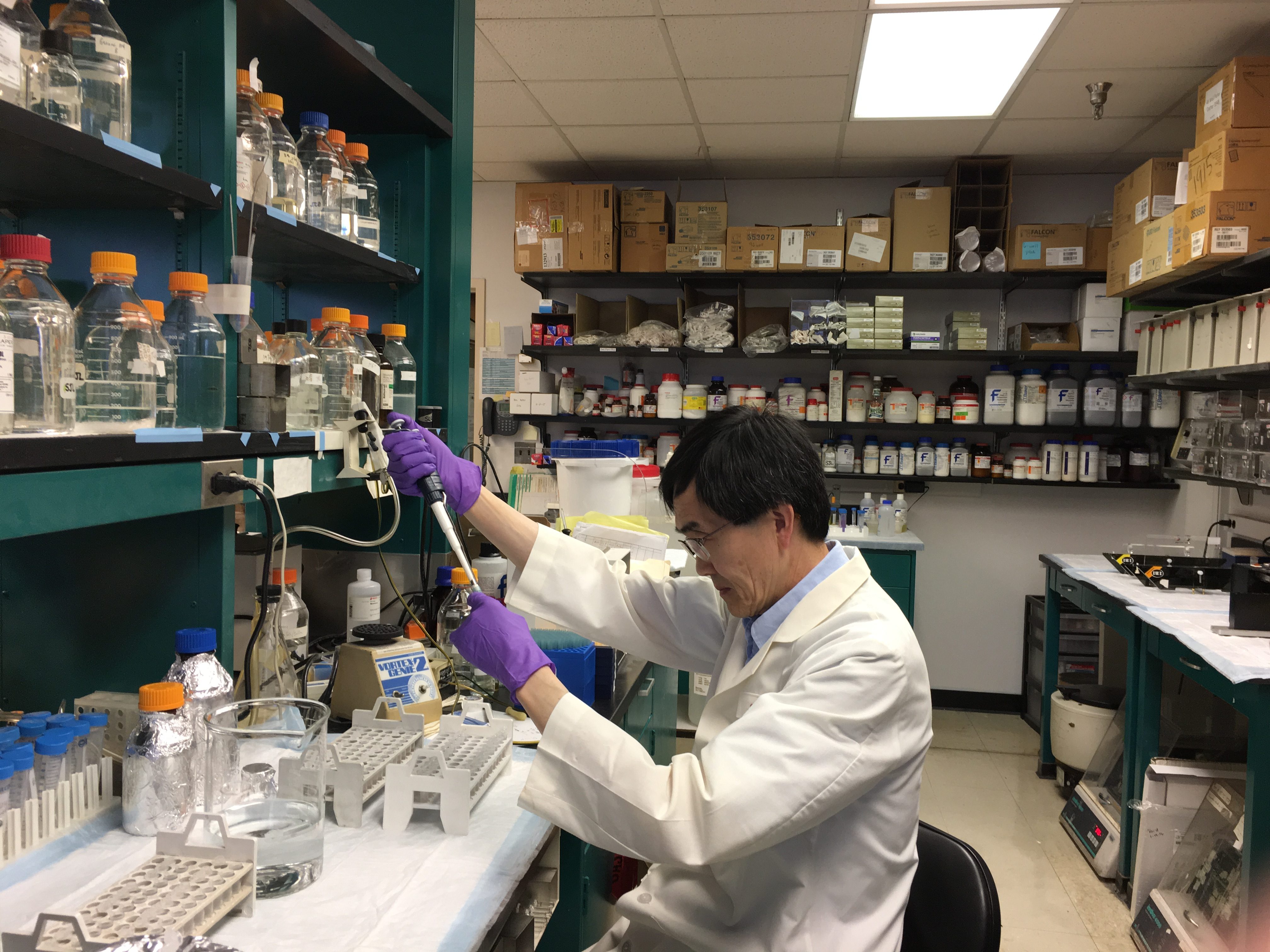Se-Jin Lee, M.D., Ph.D., an internationally renowned geneticist focused on discovering causes and cures for muscle degenerative diseases like muscular dystrophy and muscle wasting conditions resulting from diseases such as cancer and sepsis, will join UConn Health and The Jackson Laboratory (JAX) as a joint faculty appointment.

Lee will begin his role as Presidential Distinguished Professor at UConn School of Medicine and professor at JAX this summer. Lee is the third joint faculty member appointed by UConn and The Jackson Laboratory for Genomic Medicine, both located in the Farmington, Conn.
“I am thrilled to become a part of the UConn Health/JAX partnership,” says Lee. “I look forward to working with everyone both here in Connecticut and in Maine to advance discovery science and to accelerate new discoveries that will ultimately have an impact on medicine.”
Lee will join UConn and JAX in August from The Johns Hopkins University School of Medicine where he serves as The Michael and Ann Hankin and Partners of Brown Advisory Professor in Scientific Innovation and professor of molecular biology and genetics.
“We are excited to have Dr. Lee join the faculty at UConn School of Medicine, further strengthening our already strong Department of Genetics and Genome Sciences. Dr. Lee with his high caliber of scientific innovation, discovery breakthroughs and outstanding reputations will bring a new dimension to UConn, JAX and Connecticut,” says Dr. Bruce T. Liang, dean of UConn School of Medicine. “His genetic research here across UConn Health/JAX and the world will advance science and translate findings to patient care for those suffering from muscle diseases.”
“Dr. Lee’s tremendous work has already changed the way we help patients fight muscle degeneration and muscle wasting conditions. As the newest member of our team of world-class faculty, we’re thrilled that Se-Jin – a true pioneer in genetics – is joining us,” says Charles Lee, Ph.D., FACMG, scientific director and professor at The Jackson Laboratory for Genomic Medicine.
Lee’s breakthrough research includes discovering myostatin, a protein that blocks muscle growth. His work has shown that lack of myostatin leads to dramatic increases in skeletal muscle mass in the body and that problems with myostatin levels contribute to disease progression for muscle degenerative and wasting conditions such as muscular dystrophy (a genetic disease causing muscle weakening or loss), sarcopenia (muscle loss due to the aging process) and cachexia (unexplained weight loss or wasting syndrome) resulting from diseases like cancer and sepsis. Lee is focused on utilizing the properties of myostatin to develop new treatments for patients with these degenerative and debilitating diseases.
In addition, Lee’s laboratory research focuses on the role that signaling molecules play in regulating human development and adult tissue homeostasis. He uses a variety of experimental approaches, especially mouse genetics, to investigate the roles of these proteins in tissue growth, repair, and disease.
Lee received a degree in biochemistry from Harvard University, and completed both his M.D. and Ph.D. in molecular biology and genetics at Johns Hopkins, and joined its faculty in 1991. He holds more than 50 U.S. patents and is both a member of the National Academy of Sciences and a fellow of the American Association for the Advancement of Science. In 2013, he won the Ho-Am Prize in Medicine, often referred to as the Korean equivalent of the Nobel Prize.
In October 2016, Lee’s wife, Dr. Emily L. Germain-Lee, a world-renowned pediatric endocrinologist joined UConn School of Medicine and Connecticut Children’s Medical Center from Johns Hopkins School of Medicine and the Kennedy Krieger Institute in Baltimore, Maryland.



